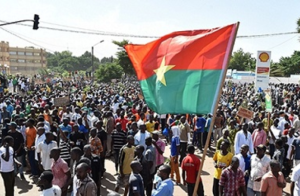France: Nicolas Sarkozy sentenced to 5 years in prison, the justice system settles the case of Libyan funding

It is a political thunderclap in France. More than a decade after the first revelations, the explosive case of the Libyan financing of the 2007 presidential campaign has reached a resounding judicial conclusion: Nicolas Sarkozy, the former President of the Republic, has been sentenced to five years in prison, with an immediate warrant, by the Paris Criminal Court.
This unprecedented decision permanently tarnishes the image of a head of state already facing other legal troubles.
Behind this conviction lies a state affair with international ramifications, intertwining power struggles, shady diplomacy, and covert political funding practices.
For the first time under the Fifth Republic, a former president has been found guilty of criminal conspiracy in a case of international-scale electoral financing that of his 2007 presidential campaign, suspected of being funded by Libyan money.
The verdict from the Paris Criminal Court, announced this Thursday, also includes a €100,000 fine and a five-year ban on civic rights, rendering the former head of state ineligible for public office.
The ruling, while severe, exonerates Nicolas Sarkozy of major charges such as passive corruption, illegal campaign financing, and receiving embezzled public funds.
This judicial nuance, however, does little to soften the political and symbolic impact of the case. For Sarkozy, the decision is an “injustice” and a “serious attack on the rule of law,” according to his statements.
His close associates were not spared from the storm; Claude Guéant, former Interior Minister, received a six-year prison sentence, while Brice Hortefeux, another key figure of the Sarkozy era, was given a two-year sentence, adjustable with an electronic bracelet.
This verdict, which strikes at the heart of French institutions, raises fundamental questions about political ethics, the independence of the judiciary, and the collective memory of a presidency now tarnished. It also illustrates the slow but inexorable evolution of the French justice system in handling high-level political and financial cases.






